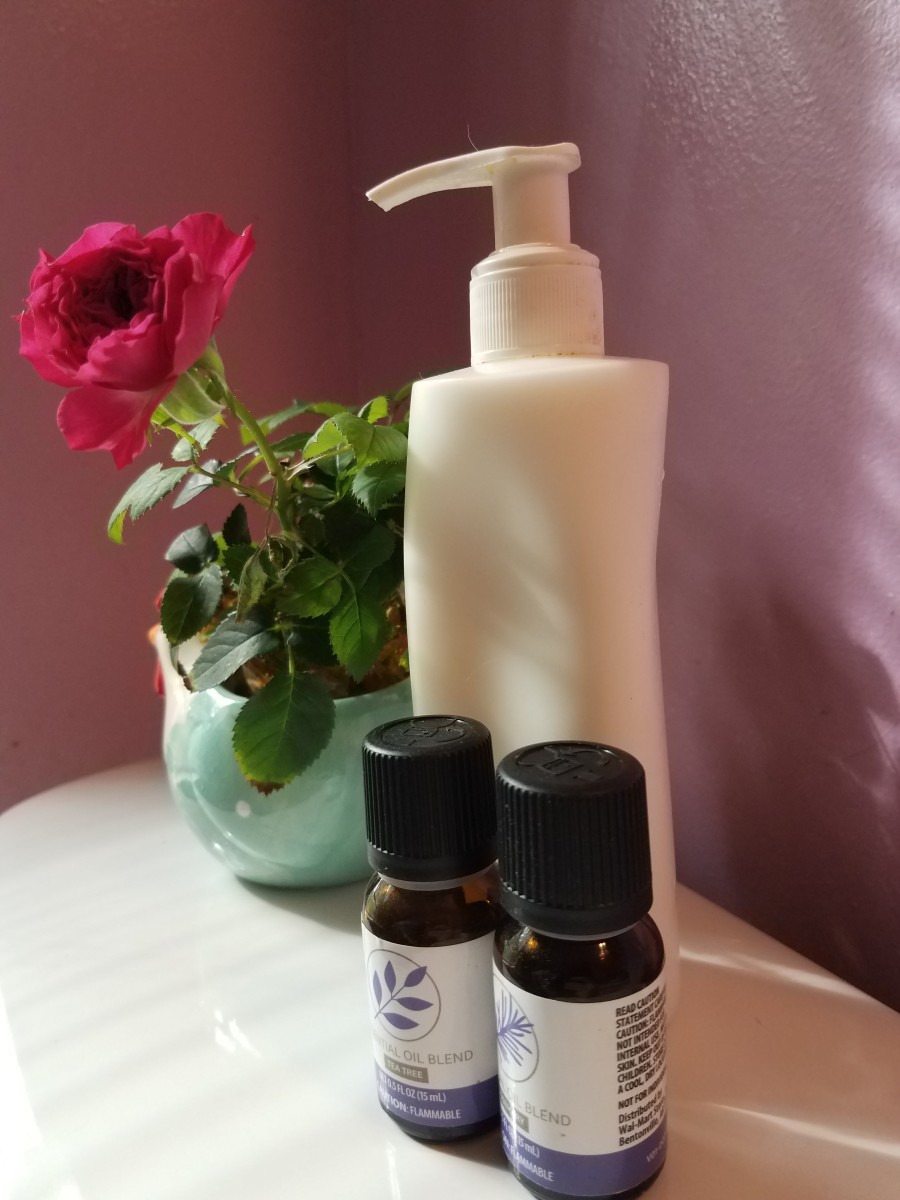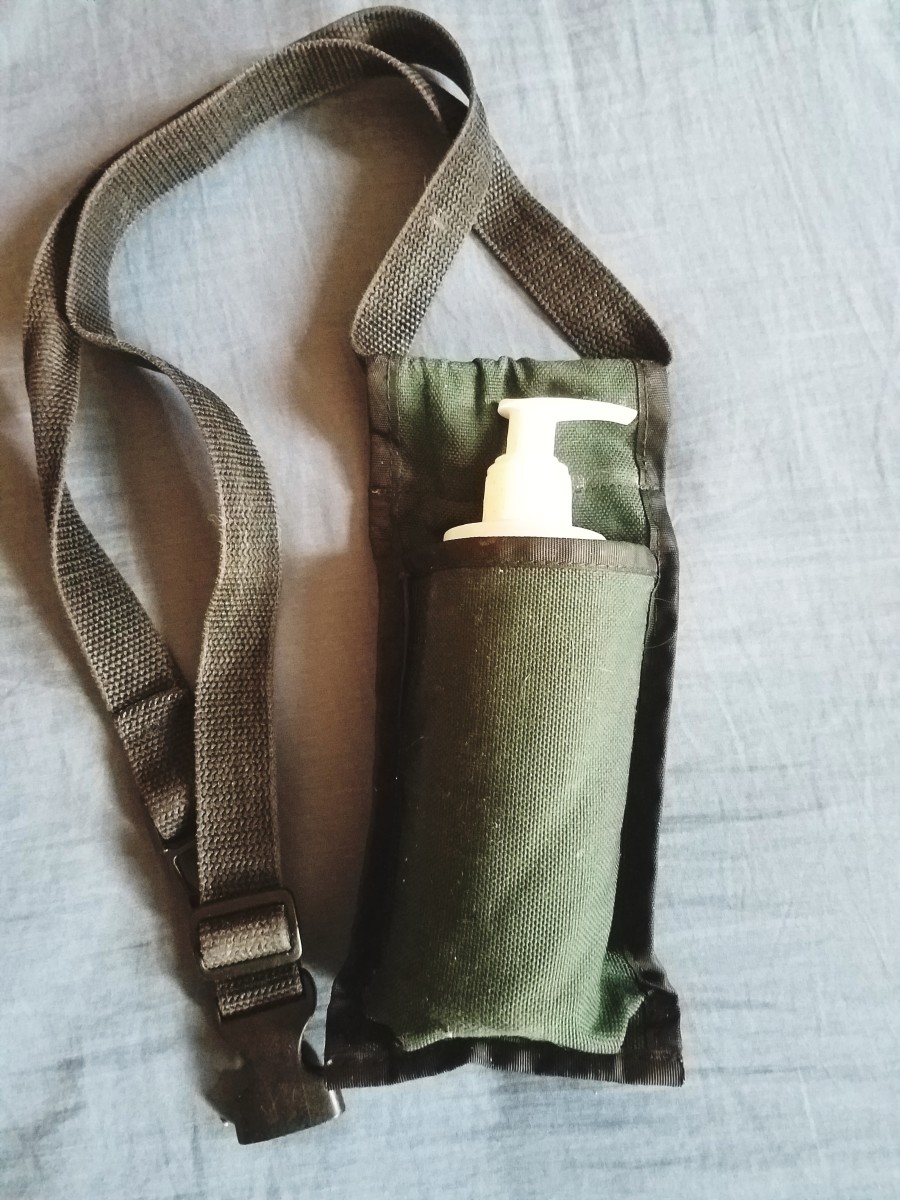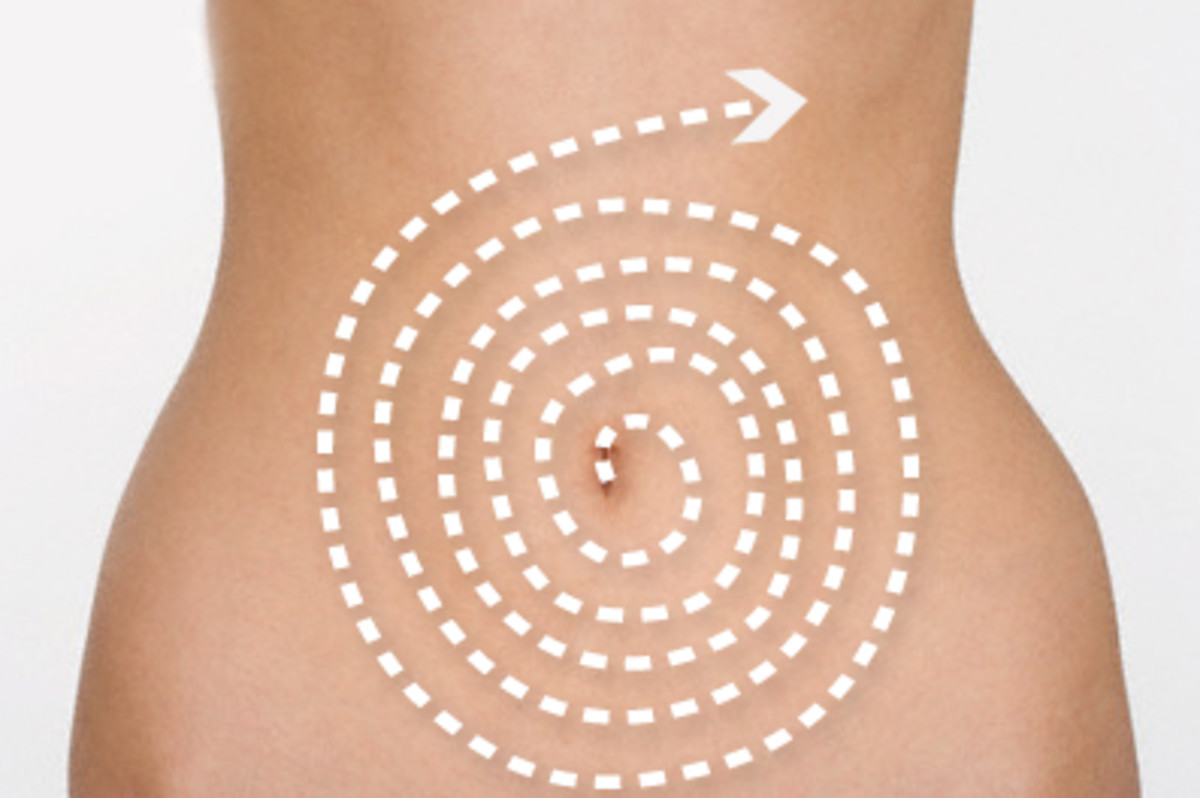Ten Questions I Did Not Expect to be Asked in my Career

Massage school taught me more than just anatomy and technique. A large part of my education was learning to communicate with clients effectively. Courses in communication taught me how to field some of their common questions and concerns, and how to make uncertain clients feel at ease. It also prepared me for dealing with the occasional problem client, someone who was always late, or who asked personal or inappropriate questions, or who made unreasonable demands on my time or energy. But in the three years since graduating, I have sometimes found myself facing questions I never expected to hear. Some are reasonable, some are not, some are just so odd that I find myself a little dumbstruck by them. Here is a list of some of those unexpected questions, as well their answers.
1.) What does a massage from you feel like?
This is one that I was asked by several potential employers during the initial interview. I refrained from answering, "Well, I don't know, I have never had a massage from myself." Sometimes I wish I had answered thus.
I must admit, the question threw me for a loop. To be honest, I am still uncertain as to what sort of answer they were looking for. It is true that every therapist has particular techniques or modalities that they are stronger or weaker in. Some are better at deep tissue, others excel at Swedish massage. Some are very clinical in their approach, some are best suited in a spa environment where they can pamper the client.
I suppose I am one of those who is a little better at Swedish massage than deep tissue. The easy, flowing strokes and deft transitions feel natural to me, as does the calm, nurturing mindset that goes with it. In school, it took me a bit longer to get the hang of palpating the deeper muscles, and I still have to steel myself for those clients who come in and tell me, "The harder the better!" It is not that I am unable to apply the pressure when the client calls for it, but being that I am a fairly slender woman, it does require a bit more effort and concentration--not to mention more use of my forearms, which besides being less sensitive than my fingers and palms, often requires me to bend a little awkwardly since I am also on the tall side.
On the other hand, I can be quite clinical in my approach, and one thing my managers have said they hear from my clients is that I am very good at addressing problem areas. Perhaps this is because I do feel more comfortable with deeper muscles when I work with them more specifically.
Overall, though, there is no short answer to the question of what a massage from me feels like. I have strengths, weaknesses, and preferences, but I do my best to tailor every session to the client, because ultimately, the client is my top priority.
2.) Do you change the sheets every time?
I suppose it was not so surprising that I was asked this question once. There are enough people in the world who observe a more meticulous level of hygiene than the general population that I am not surprised I had a client walk through our doors who was nervous about lying on the sheets. But it was a bit startling to be asked by more than one client. But perhaps that is only because the importance of hygiene was drummed into our heads from day one at school.
The answer is yes. Where I work, and in any reputable spa, the bottom sheet, top sheet, and face cradle cover will all be changed between each and every client. The only piece of table dressing that might not be changed would be the blanket that sometimes lies over the top sheet. The reason we might not change this blanket after every client is because the blanket does not typically come in contact with the clients' skin, and since blankets take up more storage space, spas tend to keep fewer of them. However, at least where I work, there are enough spare blankets that they are washed at the end of the therapist's shift, even if another therapist is taking over their room immediate afterwards, and this has generally been my experience.
3.) May I answer my phone during our session?
Actually, what was surprising about this question was that it was not phrased as a question the first time I was asked. Rather, I had a client who informed me that he would have to take a call if his phone rang during our session. This particular client was the first, but he was not the last to make such an announcement. The most stressful case was when I had a client on my table when his phone rang. At first, I ignored it as I usually do, but when he asked me to hand him his phone, I did so, asking as I did if he was intending to put it on silent.
"No," he answered. "I have to see who it is. If it's my work calling, I'll have to answer."
In the case of the first client, I was able to explain that I did not permit calls to be answered during my massages, because it would be disrespectful to me and disturbing to the client and therapist in the room next door. In the second case, I confess I was too startled by his attitude to answer as I should have. However, the next time I am faced with this situation by a client already on my table, I do know how to answer: If a client insists on answering a call during our session, I will insist on leaving the room so he or she might take that call in privacy, and I will not make up the time lost.
Under no circumstances will I massage anyone who is talking on their phone. Not only is it disrespectful to me and the other therapists and clients present in the spa, but if you are paying attention to someone on the phone, you are not paying attention to what I am doing or how it feels, and that carries the risk of accidental injury.
If you are still wondering why I do not permit phone usage during massage sessions, think of it this way: how would you feel if I left in the middle of our session to take a phone call?
And before you tell me that the customer is always right and that I am there performing a service for you, I will remind you that while it is a service, my title is Licensed Massage Therapist. I am a health care professional. Would you take a phone call during a session with a physical therapist? Or any kind of "talking" therapist? Unlikely. That would result in your missing valuable time and information and not getting your money's worth. It is the same with a massage. Turn your phone off for an hour and get your money's worth. If the call you are waiting on is so important that you simply cannot turn the phone off, then it is better to cancel your session than to risk damaging your relationship with your therapist.
4.) May I wear headphones?
No, for many of the same reasons as the question above. Besides cords and devices getting in the way of my hands, headphones mean you cannot hear me. I need you to be engaged with me during our session together. I need you to be able to hear me when I ask you questions about pressure and whether or not you feel any pain from what I am doing. If you do not like the musical selection in your therapists' massage room, do tell them so. Even if they are not allowed to change the music, they will almost certainly be willing and able to turn it down or off. Your comfort is important. However, communication is essential, and I will not sacrifice that so that you can listen to your favorite songs.
5.) May I come in to ask you or your client a question?
No. Unless there is an honest-to-God emergency, you may not interrupt my massage session. If you are my manager or someone else with access to and control of my schedule, and you absolutely must tell me about a change that I would need to be aware of before the end of my session, slip a note under my door. There will be pauses during which I may be able to discreetly pick up that note and read it without compromising the flow of the massage or disturbing the client. But otherwise, unless the building is on fire, forcing me to leave my client to answer the door is a quick way to put yourself on Santa's naughty list. (Or on my naughty list. Or both.)
6.) Why should I have to tell you what I need?
Sometimes it seems as if your therapist can perform magic with their hands. But it is not magic. It is training, and practice. Sometimes years of practice. And we never stop learning. Every massage I give is a learning experience, from the really good ones to the not-so-good ones. While it is true that my knowledge of anatomy, combined with a touch that has developed sensitivity enough to assess the quality of soft tissue does leave me in a better position to find and treat the source of your problem, I am still not inside your body. Only you can tell me when you are in pain. Or, indeed, when the pain has eased.
I once had a client who angrily informed me after the massage that I had not spent enough time in the problem area he had indicated to me beforehand. I was rather dismayed by this, since that was the first area I had explored and treated, and when I had asked him how it was feeling, he said it felt better. But it turned out there was a spot just inches away from where my fingers had been that he felt was the real problem, and which I had only briefly touched. The encounter left both of us feeling dissatisfied, disappointed, and frustrated. He, because the source of his discomfort had not been properly addressed, and I because he had not informed me of his concerns while there was still time to address them.
I want to make your experience as satisfying as it can be. But I cannot do that if you do not tell me what would make it better.
7.) Are you a better therapist than [colleague]?
This question is one that really startled me when it was asked by a client who was trying to find the right therapist to fit her needs. But I can tell you now it is one that I will never answer directly, not even in confidence. I simply cannot, for several reasons:
Firstly, whether or not I have received a massage from a particular therapist before, I have never received my own massage, so I cannot fairly compare.
Secondly, unless I have reason to believe my colleague is behaving unprofessionally or acting outside his scope of practice or giving bad advice to clients, I will never speak against them. I have to work with this person, after all. And even if I did believe they were behaving in a manner that concerned me, I would speak either to them or our manager. I would never tell such things to a client. It is simply bad form.
Lastly, as I mentioned above, every therapist has strengths and weaknesses. My colleague may be better at deep tissue or hot stone massage than I am, but may not be as strong on Swedish or sports. She may also be trained in some modalities that I have no experience in, and vice versa. Or one of us may simply have been practicing massage therapy for a bit longer. Furthermore, one massage therapist who has only been practicing for a year may end up being better suited to a particular client than one therapist who has been in the field for fifteen. It can sometimes take time to find a therapist who is right for you.
I work at a fitness center with several other therapists, and we all have our loyal regulars. Some of those regulars tried two or three of us before finding the right fit. Some even found that there was more than one therapist they liked.
If you are going to ask questions of a therapist or their manager to try to narrow down your options, do not ask which one is better. Ask instead what their strengths are. That may not tell you everything, but it may make things a little clearer.
8.) Did you go to school for this?
This is another question with an answer that may only seem obvious because I am a professional massage therapist. The answer is yes. In most states in the United States, it is illegal to work as a massage therapist without a license. To obtain a license, most states require 500-750 hours of education in technique, anatomy, physiology, and ethics, as well as a passing score on a certification exam, and a clean record.
Most spas and other massage establishments will require that each therapists' license be displayed somewhere visible. Any establishment that cannot produce a copy of their therapists' licenses or license numbers is probably best avoided.
9.) Is this a "regular" massage?
What constitutes a "regular" massage is somewhat variable. However, the first type of massage student therapists learn is the Swedish massage, sometimes called the standard western massage. It is gentle and relaxing, it incorporates all the basic strokes, and it is a great place to start when a client is experiencing their first professional massage, or their first massage with a particular therapist. Therefore, that is the closest thing I can think of to a "regular" massage. But keep in mind that another therapist may not agree. Other therapists may work exclusively in a particular advanced modality, or find that more often they are asked for deep tissue rather than Swedish, and therefore, they consider deep tissue to be their "regular" massage. It would be more productive to ask a therapist what type of massage they perform most often, or what they recommend rather than asking for what they consider "regular."
10.) Do muscles have air in them?
I am honestly still not sure what was meant by this question. Definitely the strangest question I have been asked in my career. The best answer I can give is that muscles do contain oxygen, which is carried to them through the bloodstream. However, they do not inflate.







